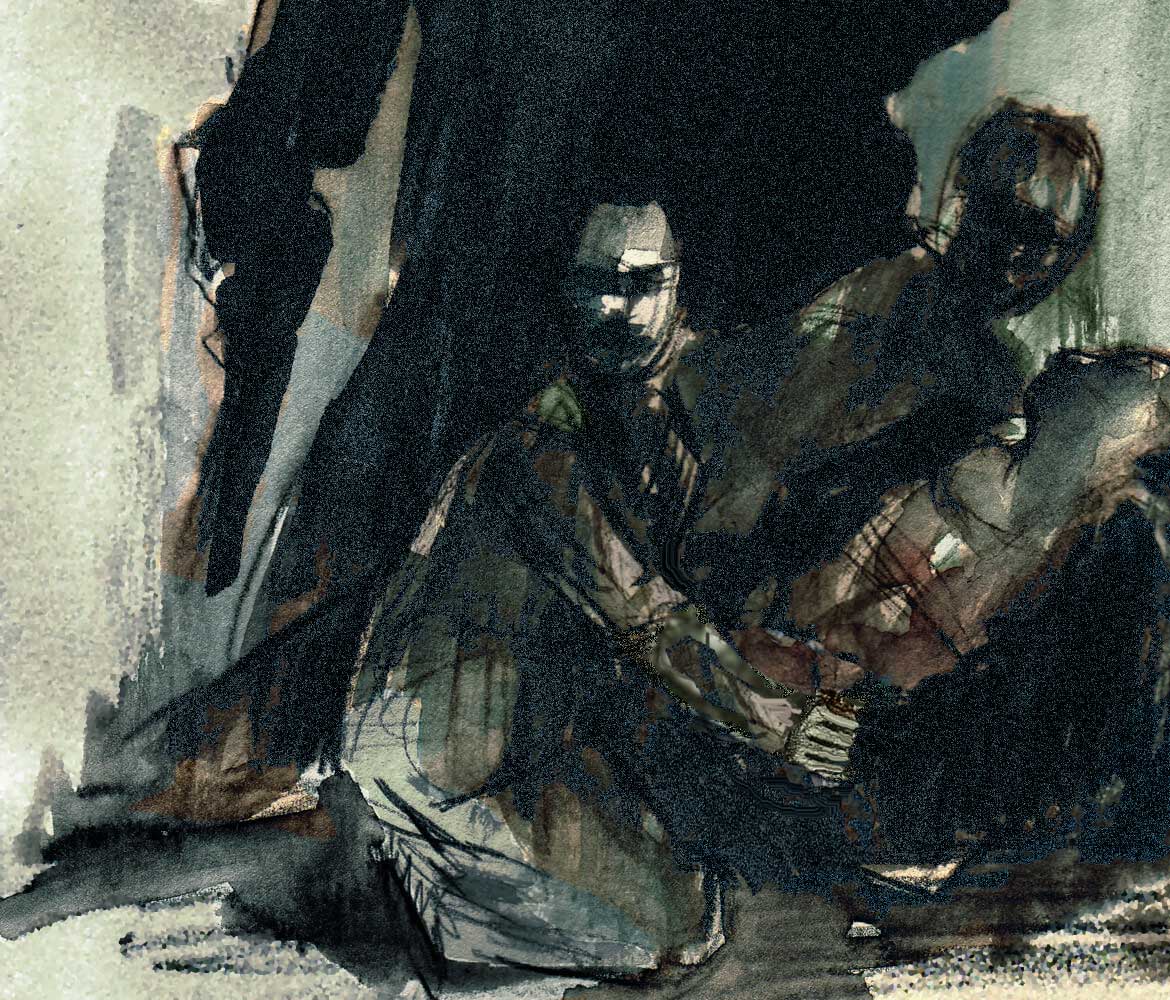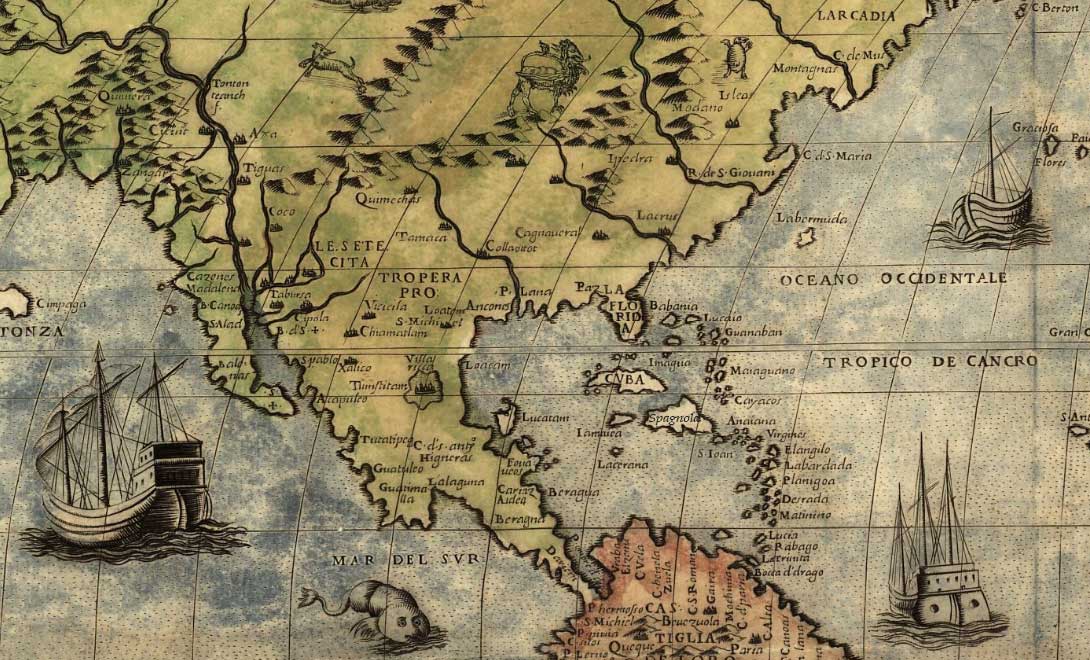
Personal Message about “Betrayal in Haiti”
From the moment I discovered theatre’s extraordinary power to interpret the complexity of human lives, I knew that one of the areas I wanted to investigate was the battle between the private and the public versions of who we are, who we can be, and where our deepest loyalties lie.
Needless to say, I understood some time ago that these were not matters that could be investigated once and for all, but with the arrival of the COVID pandemic and the rise of the social and political crisis in America – a crisis that at its core is a direct legacy of the injustice and horror of slavery – I knew that a chance had come for me to revisit the question in a very different and far more personal way. And I had to grab the moment with both hands.
The re-examination of slavery in works such as The 1619 Project, the film 13th, and Slavery by Another Name certainly spoke to me, but as a dramatist and theatre director I wanted to contribute theatrically, and when Raymond Barglow (whom I’ll say more about in a moment) approached me with a proposal to adapt Heinrich von Kleist’s novella about the Haitian Revolution, “Betrothal in Santo Domingo,” for the stage, I knew the project had arrived.
From the beginning, Raymond and I conceived of “Betrayal in Haiti” not only as compelling drama but also as an entry point for an exploration of the relevance of the Haitian Revolution to the world we live in today, including America’s social justice movements. To encourage the widest possible public conversation, we would like to stage “Betrayal in Haiti” in a traditional theatrical setting, but reach out as well to high schools, where individual scenes from the play can be performed and discussed – during Black History Month, for instance, or in a social studies class, a dramatic arts class, or after-school program. You will find on the pages of this website an educational curriculum that we have developed to serve this broader educational aim.

Illustration for Kleist’s novella (Miriam Schubach)
This play affords an opportunity for reflection about race relations in America, past and present. It provides historical context for today’s movements for social change. Performance of the play ought not to be, however, didactic, polemical, or advocate a specific agenda. “Betrayal in Haiti” aims to do what all authentic art does: travel the uncertain terrain of the imagination with all of its ambiguity and contradiction, eliciting in an audience an interest in learning more, a sense of new possibilities, and dialogue.

When I first encountered Kleist’s story in my 20s, I found it impossible to excuse the racism; yet I recognized as well certain insights at the heart of this narrative that brings a soldier of the colonial occupation, separated from his companions and desperately seeking refuge, to the doorstep of a plantation house that has been taken over by former slaves. Moved by the social justice movement currently filling the city streets of the world, my interest in the story turned into a decision to wrestle with the subjects of race and power that, as a Black British man, I had in many ways avoided, due to my own painful experiences with both issues.
Raymond Barglow, my partner in this project, is a playwright and author who lives in Berkeley and writes about 20th century literature, visual arts, and culture. His motivation for adapting the Kleist novella comes from a place similar to mine: presenting art to examine the urgent social issues of our time. As a 2nd-generation American Jew, three of whose grandparents perished in German and Polish concentration camps, he is acutely aware of the legacies of displacement and genocide.
Events taking place on a grand scale in the Haitian Revolution – military campaigns, negotiations between Haitian leaders and the French, the achievement of national independence and the permanent prohibition of slavery – are not featured in our play. Raymond and I work with the original source material in a way that focuses attention instead on the conflict-ridden intersection of race, gender, and culture as it was directly experienced by those who fought for the Haitian Revolution, fought against it, and whose lives were in either case profoundly transformed by it. Hence our play is personal, but at the same time deeply political; it aims to bring the multiple dimensions of the Haitian Revolution into a dramatic work that is at once informative, unflinching, and deeply moving.